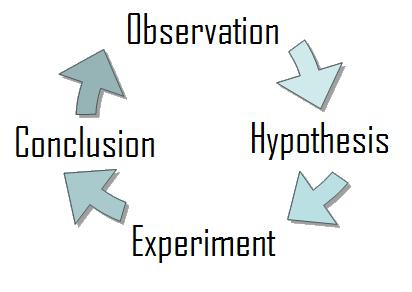
No one doubts that Darwin was a gifted scientist who made careful observations of the natural world. The same could be said for Sir Isaac Newton, an early proponent of intelligent design whose ideas inspired both modern physics and modern science as a whole.
Yet despite the long-lasting success of Newton’s ideas, technological advancements in the early 20th century overturned Newtonian physics and replaced them with Einstein’s theories. If history is to be our guide, science must always be open to following the evidence where it leads, even if that means challenging orthodoxy.
PBS urges viewers to believe that “nothing in biology makes sense except in the light of evolution.” Such a statement reverses the scientific process by putting conclusions ahead of empirical observations of nature. PBS also quotes evolutionary paleontologist Niles Eldredge, stating, “Nothing that we have learned in the intervening 175 years has contravened Darwin’s basic description of how natural selection works,” and asserting that the data “unequivocally” support Darwin’s view. Such dogmatic statements fly in the face of the scientific spirit, which opposes dogmatic attachments to theories and promises to follow the evidence wherever it may lead.
In 1998, the U.S. National Academy of Sciences printed a guide to teaching evolution that included an essay by the eminent evolutionary biologist Ernst Mayr, which stated: “One of the most characteristic features of science is this openness to challenge. The willingness to abandon a currently accepted belief when a new, better one is proposed is an important demarcation between science and religious dogma.”1 PBS may claim that evolution is open to scrutiny, but the authoritarian and one-sided treatment of the subject in “Judgment Day: Intelligent Design on Trial” shows that they treat it more like a religious dogma than a science.
Were PBS to promote the tentative, skeptical mindset that underlies all good science, their online materials would have stated, “Nothing in biology makes sense except in the light of the data.”
Reference Cited
- Ernst Mayr, “The Concerns of Science” in National Academy of Sciences, Teaching about Evolution and the Nature of Science, page 43 (National Academy Press, 1998).